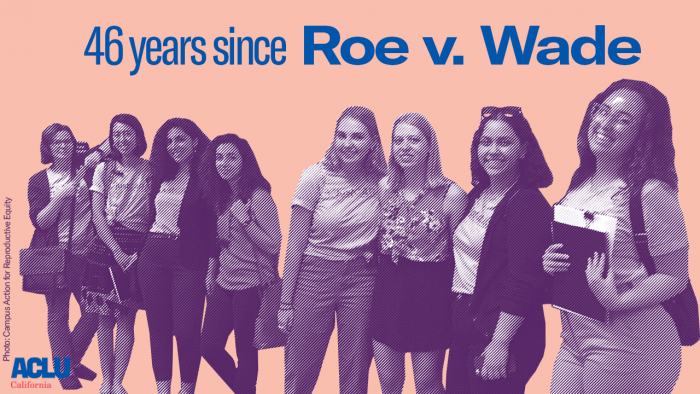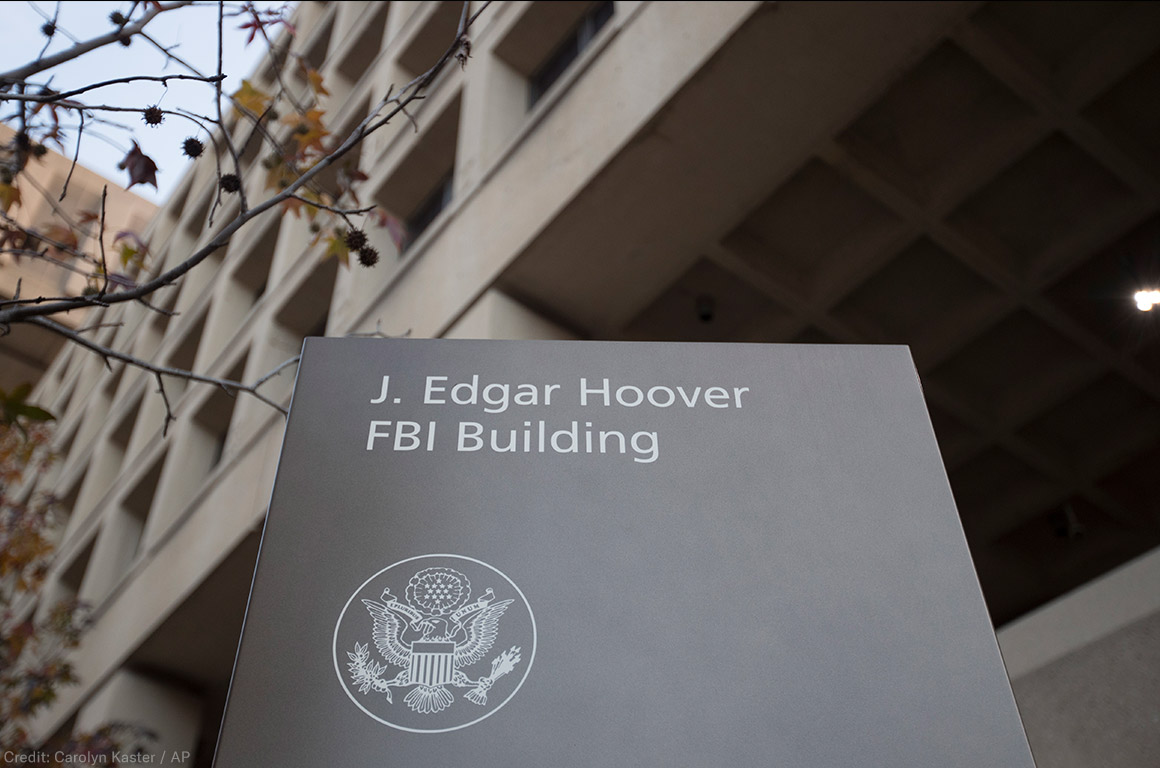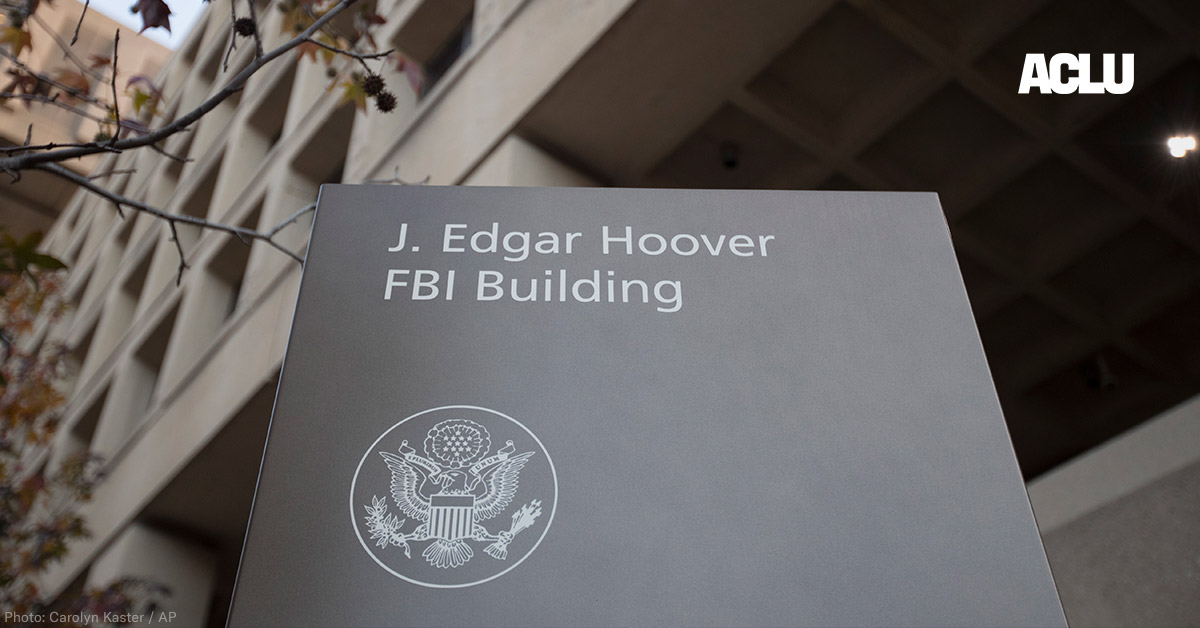Since the U.S. Supreme Court issued the landmark decision affirming the constitutional right to an abortion in Roe v. Wade, we've seen states pass over one thousand restrictions that make it harder for women to have an abortion. In just the first six months of 2018, 11 states enacted 22 new medically unnecessary restrictions on abortion. A Kentucky lawmaker recently introduced a bill that bans abortion once a fetal heartbeat is detected and about half a dozen other states are currently considering bills like it.
While California hasn't faced a groundswell of abortion restrictions, accessing abortion in the nation's largest state can nevertheless be difficult. Case in point: California university students are forced to go off campus to seek abortion care.
It's time to change that.
Once a student has decided to end a pregnancy, they shouldn't be forced to go off campus to see a provider they don't know — when an abortion pill can easily be provided on campus. It might not seem like that big of a deal to some but leaving campus to get health care means taking time away from class, an internship, studying, family commitments, or a job. This creates unnecessary barriers for many students:
- Every month, around 500 students at the University of California and California State University campuses seek the abortion pill at off-site health care facilities.
- Some students have to travel up to four hours to find abortion care.
- Over two-thirds of UC students and one-third of CSU students do not have a car.
- On average, a student seeking abortion in California will have to wait one week for the next available appointment at the facility closest to their campus — and that's assuming they can make it to the appointment.
- More than half of all students in UC and CSU universities are low-income.
These barriers disproportionately harm students of color, low-income students, first-generation college students, and students who are already parents. Many student health centers already offer other reproductive health services, including birth control and STI testing. Yet California has failed to provide access to all the reproductive health services university students need, including the abortion pill.
This situation is unacceptable, but it can be remedied. At a time when abortion rights are under threat throughout the country, California can and must be a leader.
Last year, Senator Connie Leyva (D-Chino) introduced legislation that would have made the abortion pill available at every public university student health center. Thanks to the leadership of countless California students, the state legislature approved the bill. Unfortunately, then-governor Jerry Brown vetoed it.
But we're not giving up.
Last month, Senator Leyva reintroduced the bill, the College Student Right to Access Act (SB 24), to make sure California supports students' access to abortion care on campus.
We are going all in and working with student leaders, Senator Leyva, and our partners at the Women's Foundation of California/Women's Policy Institute, ACCESS Women's Health Justice, ACT for Women and Girls, California Latinas for Reproductive Justice, NARAL Pro-Choice California, Students United for Reproductive Justice at Berkeley, as well as with medical, reproductive health, and community groups from across the state to make sure the College Student Right to Access Act becomes law.
Support college students' access to abortion care at California's public universities.



